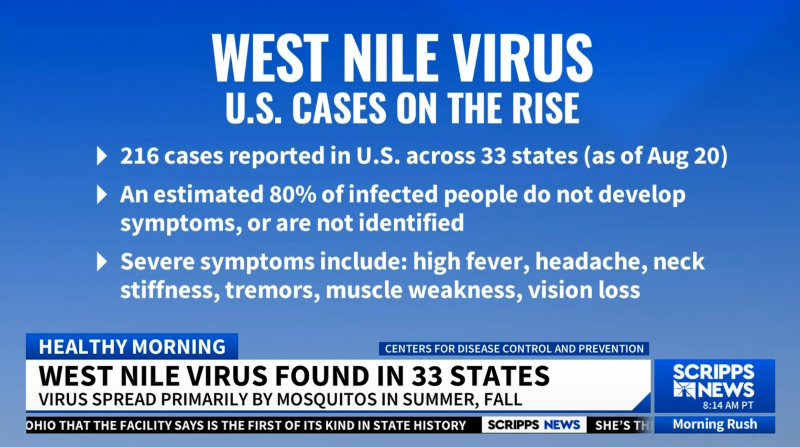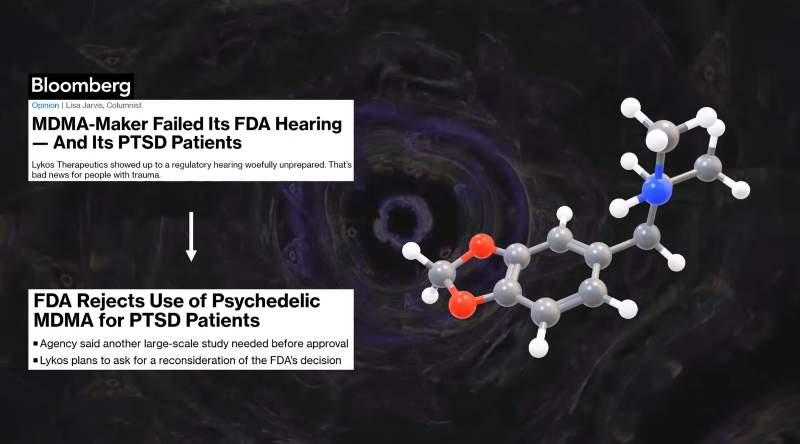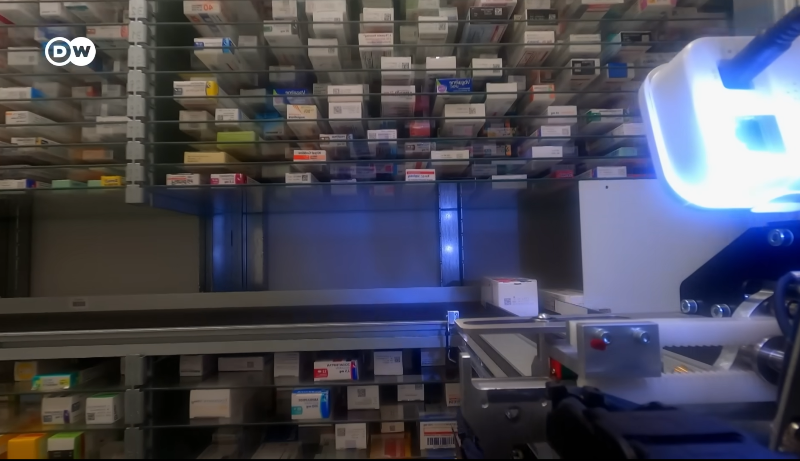by Mary Ann Liebert, Inc
Credit: CC0 Public Domain
An article in the journal Human Gene Therapy describes the consensus reached by invited experts who participated in a meeting to evaluate the potential carcinogenicity of gene therapies.
The participants discuss the definition of vector genotoxicity, sources of uncertainty, suitable toxicological endpoints for genotoxic assessment of gene therapies, and future research needs. The proposed recommendations will help guide the development of regulatory guidelines for the non-clinical toxicological assessment of gene therapy products.
Jan Klapwijk, from Cornelis Consulting, Alberto Del Rio Espinola, from GentiBio, Silvana Libertini, from Novartis Biomedical Research, and co-authors, propose a series of scientific principles and experimental approaches for the assessment of risk factors relevant to potential carcinogenicity of gene therapies.
The topics include "In vivo and in vitro Assays," "Integration Site Analysis," "Approaches to Risk Assessment" and "Future Developments/Research Needs."
"Data transparency will be essential and the authors specifically propose that data generated from viral integrations site studies in non-clinical species, and from clinical settings, are made publicly accessible (through, for example, databased and patient registries)," stated the authors.
"The estimation of risk in human gene therapy relies heavily on molecular characterization of persistent vector genomes in transduced cells in preclinical models and patient samples," says Editor in Chief Terence R. Flotte, MD, Celia and Isaac Haidak Professor of Medical Education and Dean, Provost, and Executive Deputy Chancellor, University of Massachusetts Medical School.
"Combining such data with more traditional statistical analyses of clinical outcomes to create a risk assessment calls for the uniquely integrative approach, as described by Klapwijk and his colleagues."
More information: Jan C. Klapwijk et al, Improving the Assessment of Risk Factors Relevant to Potential Carcinogenicity of Gene Therapies: A Consensus Article, Human Gene Therapy (2024). DOI: 10.1089/hum.2024.033
Journal information: Human Gene Therapy
Provided by Mary Ann Liebert, Inc







Post comments